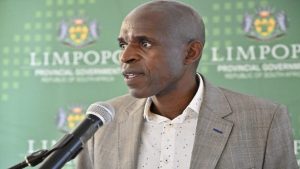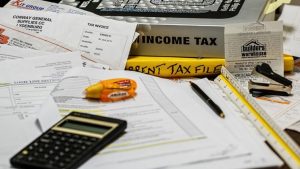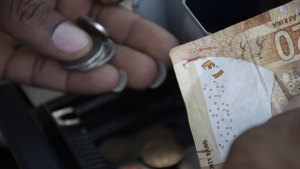While markets have welcomed a Ramaphosa presidency, all eyes will be on Finance Minister Malusi Gigaba as he tables his budget this week. With a R50.8 billion tax shortage, analysts say South African may need to brace themselves to pay more on their shopping in the form of Value Added Tax.
Tax Leader at Ernst & Young, Lucia Hlongwane says as a country we are bleeding and we need to stop – by increasing VAT. “The last time VAT was increased was around ’93, it’s been sitting at 14-percent for a very long time. We know that the unions are going to make a lot of noise when it comes to VAT but as a country, we are bleeding and we must close that. When we increase VAT, it shouldn’t be 1-percent, let’s do 2-percent once and for all,” says Hlongwane.
Tax Policy leader at Pricewaterhouse Cooper, Kyle Mandy agrees that a VAT increase can be expected, while an increase in personal income tax is unlikely.
“We certainly expect R30-billion worth of tax increases in the Budget. Where we expect it to come from is primarily from a VAT increase which would raise about R22-billion, although some of that will have to be given back in the form of social spending to provide relief to the poor. What we don’t expect is for a significant increase from a personal income tax point of view.”
Chief Executive at the South African Institute for Tax Professionals, Keith Engle says government will steer clear of corporate tax increase. Instead they will look at further hikes on the fuel levy, and possibly put a stop on medical tax credits. “For the first time we’re seeing a realistic probability that the Value Added Tax will increase because that’s where the money is. Second we also might see the medical credit go out, so people will loose all their credit for their medical aid benefits. Corporates are tapped out; they might eliminate their capital gains on the corporate, but what we gonna see is some big sweeping across the board in order to get big money fast,” expressed Engle.
Economist at Investec, Nazmeera Moola says research shows that an increase in VAT could be a progressive move for South Africa. However social pressures could see government shying away from it and targeting smaller measures instead. Moola acknowledges that the best way economically to raise taxes would be through a VAT increase, however he notes that the social pressures would mean that VAT is unlikely, as a result their likely to cobble together a series of smaller measures.
“One that’s commonly being mooted is a VAT imposition of the basic fuel price, there could be some sort of wealth tax, maybe another hike in the top income tax bracket. All of these lead you to around R20 to 25-billion in taxes,” says Moola.
Author
-
Multimedia Manager at SABC News · Wits - University of the Witwatersrand






